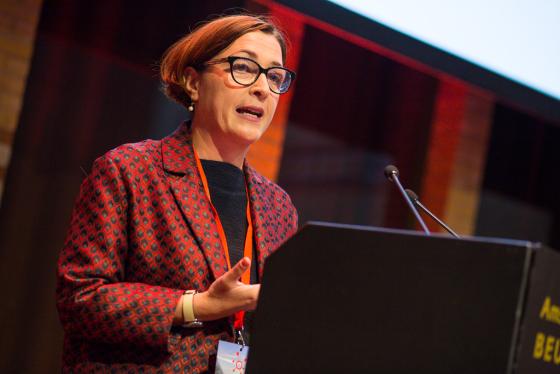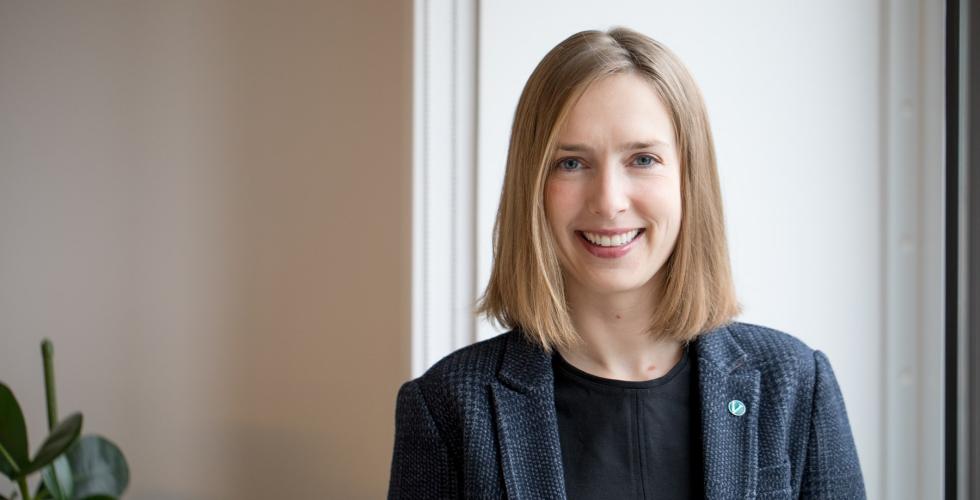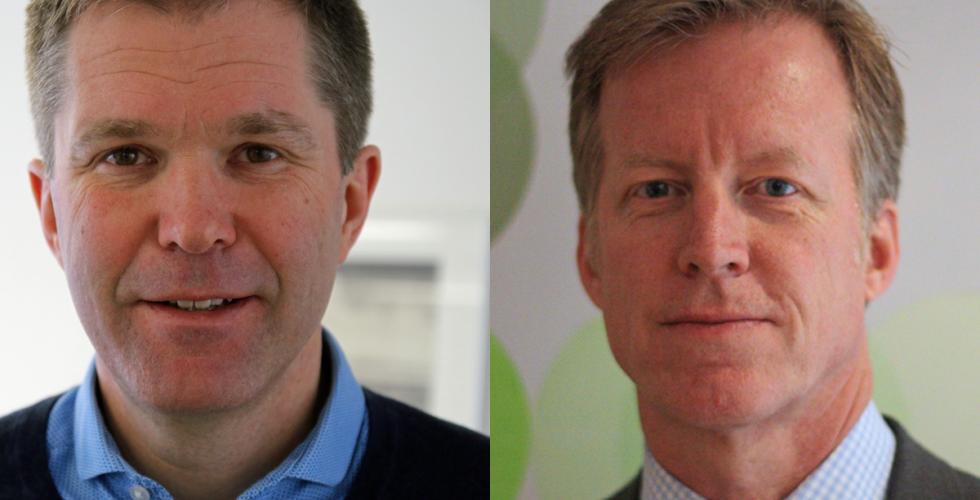Taking up the fight against right-wing populism: “We must keep gender in EU research”
Right-wing populism has infiltrated the EU and is challenging gender equality values in European research, according to the Czech sociologist Marcela Linkova. She wants to put gender on the map in the new research programme Horizon Europe.
Gender research is under threat in Europe. How will that affect the role of gender in European research? This is the question that many gender equality proponents are now asking as negotiations on the framework for the research programme Horizon Europe are under way in Brussels.
In 2021, Horizon Europe will replace the existing research programme, Horizon 2020. With a budget of almost EUR 100 billion, Horizon Europe will be the largest research programme of all time. This means that the criteria for receiving research funding and the objectives that are set will have a major impact on the kinds of research that Europe conducts during the programme’s seven-year period.
Gender in research under pressure
There are many gender equality challenges that Horizon Europe must tackle. Female researchers work part-time more often and earn far less than their male colleagues, and only about one-fifth of all European researchers in senior-level positions are women. This is according to the latest edition of the European gender equality statistics She Figures.
This is precisely why it is important to ensure that criteria relating to gender perspectives, gender balance and gender equality in working life are given a prominent place in the new Horizon Europe, according to Marcela Linkova. As chair and coordinator of two key European groups working on gender perspectives and gender equality in EU research, the Czech sociologist is doing everything in her power to make this happen.
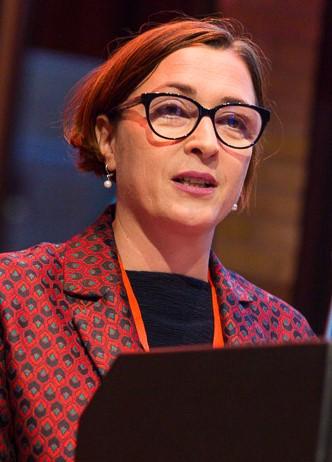
Now, though, she is concerned about the direction the negotiations are taking, and says her fears are related to the tense political situation in Europe.
“I have long regarded cooperation between EU countries and associate countries as absolutely vital for the promotion of gender perspectives and gender balance in European research. The EU took the lead, and EU regulations were something we could rely on in the acceding countries prior to the 2004 eastern enlargement.”
“However, the developments we have seen in recent times undermine this role that the EU has played,” said Linkova.
The dark days of autumn came quickly for everyone who supports research on gender and gender equality. In August, Hungary’s national conservative prime minister, Viktor Orban, promised to shut down gender studies programmes at the two Hungarian universities where they were offered. Despite widespread international protests and petition campaigns, his order entered into force on 13 October 2018.
Hungary’s ban on gender studies is seeping into a number of political campaigns against gender research and feminist movements in Europe, as Kilden genderresearch.no writes in its article European gender researchers fight against right-wing attacks. Gender research is also under pressure in countries such as Poland, the Czech Republic and Russia.
Need to defend core values
The opposition to gender equality and gender in research is not only political and symbolic; it is also grounded on economic arguments. In addition to its statement that people are born either male or female, the Hungarian government claimed, for example, that gender studies has no socioeconomic value.
Linkova emphasizes that we cannot take it for granted that the EU will always be a proponent of gender equality. She believes that the anti-EU sentiment and rhetoric found in some countries have begun to infiltrate the EU at the political level.
“It’s frightening to see that voices that have previously been marginal have now become more central within the EU. These attitudes have been raised by anti-EU politicians, which has made them become part of the regular political arena.”
According to Linkova, Europe must now, more than ever, insist on safeguarding several core values, including academic freedom.
“We must of course have a dialogue in Europe on many different issues and we cannot always reach an agreement. But there should be a line for what is acceptable to say and do.”
Ambiguous signals from the Commission
On 7 June 2018, Commissioner Carlos Moedas and Vice-Commissioner Jyrki Katainen of the European Commission for Research, Innovation and Science presented a draft of the Horizon Europe framework. At the press conference for the new research programme, gender balance and the gender dimension in research content were not mentioned.
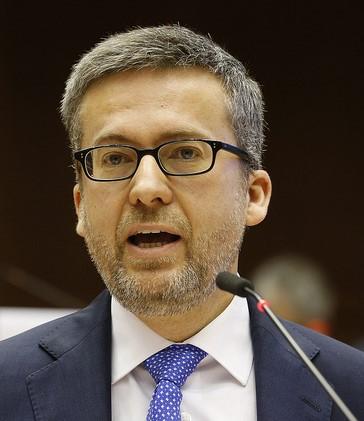
Linkova says that the draft also contains disappointingly little about gender perspectives and gender equality. She is currently the head of the ERAC Standing Working Group on Gender in Research and Innovation (SWG GRI), previously known as the Helsinki Group, which is an advisory body for the European Council and the European Commission.
In 2017, the Helsinki Group published a position paper with specific recommendations for how the points on gender in research and gender equality in Horizon 2020 can be strengthened in Horizon Europe, such as:
- develop clearer indicators that measure whether projects have successfully included the gender dimension;
- encourage better gender balance in research teams, as this improves the quality of research;
- provide training on gender in research and gender bias for researchers and those who assess grant applications.
“Unfortunately, we don’t see that our recommendations are reflected in the proposal for the new framework programme, which is very disappointing,” says Linkova.
On the other hand, there are indications that the Commission is taking the value of gender equality seriously. During a conference on women in research in the European Parliament in September, Moedas said that universities and laboratories should employ gender quotas to achieve gender balance in senior-level positions, as has already been done in expert groups and advisory panels under Horizon 2020.
But words are not enough, Linkova underscores. She reacts to the gap between proclamations and the actual text of the proposal.
“These proclamations themselves do not change the fact that the Commission’s proposal text was weak in this respect, much weaker compared to Horizon 2020.”
Mobilizing with Genderaction
Since the European Commission is not delivering on gender perspectives and gender equality in what will be the world’s largest research programme, Linkova and her European colleagues are taking matters into their own hands. Linkova is the head of the Genderaction project, funded by Horizon 2020.
Since April 2017, Genderaction has published nine policy briefs that aim to influence the content and structure of Horizon Europe. The group is also reviewing national action plans for gender and gender equality in research. As such, the group serves as a watchdog and a catalyst for change at the same time.
“The group brings together national representatives appointed by ministries in 13 European countries. We share our experiences and build capacity and networks to advance gender equality in research.”
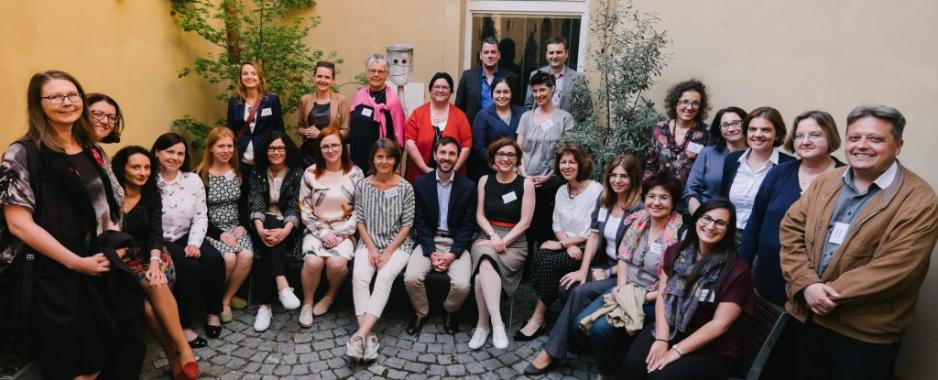
In the policy brief “Gender in Horizon Europe. An unfinished business”, Genderaction argues against the right-wing populists when it points out that gender balance and the gender dimension are crucial for ensuring the best possible research quality. The group also argues that a fair socioeconomic model presupposes more equality between male and female researchers when it comes to the relative time spent at work and in family life.
Linkova hopes that the negotiating parties take the recommendations in these documents seriously.
“I think that all the parties involved in the negotiations are now trying to find ways to address gender equality in the proposal text. I hope the public pressure that we have exercised has contributed to this.”
Expectations lowered
Horizon 2020 helped to put gender mainstreaming – i.e. the effort to make gender equality a central issue in all work areas in academia – on the agenda.
The programme makes it clear that all projects seeking funding must give consideration to gender equality, both by integrating the gender dimension into grant applications and by ensuring gender balance in the research teams.
The goal for Linkova and her colleagues has long been to make Horizon Europe even better than its predecessor on these points. She sees enormous room for improvement:
“Especially when it comes to evaluating whether the research projects have succeeded in integrating a sex/gender analysis in the excellence and impact parts of the proposal, which have been two of the criteria for Horizon 2020 funding.”
“There should also be clearer demands for gender equality in the research teams in terms of working conditions, protection against sexual harassment and assault, as well as work-life balance.”
Linkova has lowered her expectations, however, after the summer’s disappointing proposal for the new framework programme.
“At the moment, we can call it a success if we come close to what was in Horizon 2020, which is quite unfortunate.”
“What about ethnic diversity? Is it possible that diversity perspectives and diversity in research groups will be included as criteria?”
“Other axes of inequality have never been addressed in European research. There are huge areas that require attention and that are completely neglected. Ethnic diversity is one of them.”
Stark differences between the countries
In order for the EU to reach its gender dimension and gender equality goals, all of the countries must pull their weight. Today, though, the gap between the European countries in this area is enormous. They have different traditions regarding gender perspectives and gender equality, which affect the research.
“Bridging this gap is one of the biggest challenges facing groups such as SWG GRI and Genderaction,” says Linkova.
Therefore, in the past year Genderaction has surveyed the European countries’ own action plans for gender balance and the gender dimension in research. All of the countries in Europe are supposed to prepare their own roadmaps in connection with the ERA Roadmap, which is the European Research Area’s plan to promote Europe as a joint research area. This roadmap identifies gender equality and gender mainstreaming in research as one of six priority areas.
She believes that the action plans have been crucial for countries without a long tradition of working with gender equality. At the same time, the European Commission must take more responsibility for correcting the imbalance between the countries, according to Linkova.
“The framework programme could have played an important role in this respect, for example, by requiring institutions applying for EU funding to have policies and measures in place to address cases of sexual harassment.”
Translated by Connie Stultz.
As a member of the European Economic Area, Norway has taken part in Horizon 2020 and wants to participate in Horizon Europe. The Ministry of Education and Research has submitted three input papers to the European Commission to influence the content and structure of the new framework programme. The first two papers did not mention the gender dimension or gender equality as part of the Norwegian position, an omission that was criticized by the Research Council and the KIF Committee.
Gender perspectives and gender equality have played a larger role in the most recent paper that the KIF Committee has given its input on. Norway wants the three gender mainstreaming and gender equality goals in Horizon 2020 to be continued and strengthened in Horizon Europe. In addition, Norway emphasizes the need for more thorough monitoring of whether funded research projects have met these goals.
